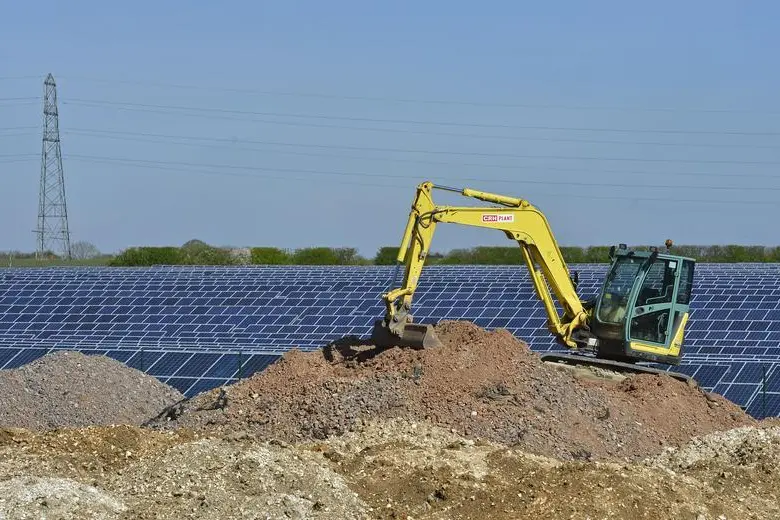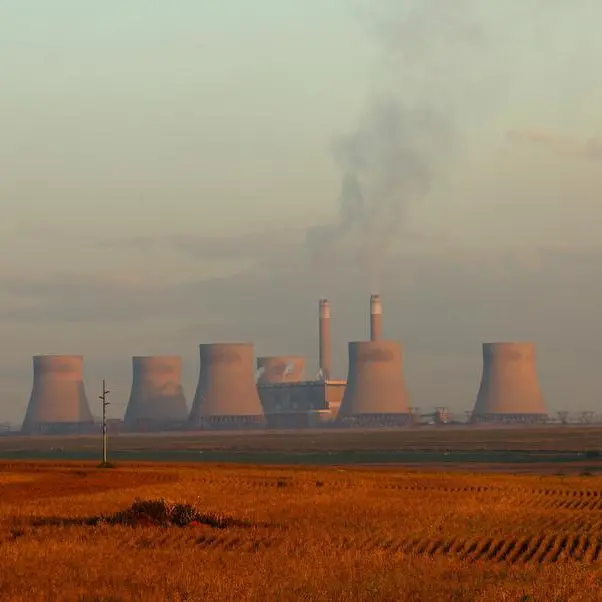PHOTO
Renewables are set to dominate the growth of the world’s electricity supply over the next three years, as together with nuclear power, they will meet the vast majority of the increase in global demand through 2025, according to the International Energy Agency (IEA).
This will check significant rises in the power sector’s carbon emissions, said a new IEA report.
The growth in world electricity demand is expected to accelerate to an average of 3 per cent over the next three years after slowing slightly last year to 2 per cent, said the IEA’s Electricity Market Report 2023.
Emerging and developing economies in Asia are the driving forces behind this faster pace, which is a step up from the average growth of 2.4 percent during the years before the pandemic.
More than 70 per cent of the increase in global electricity demand over the next three years is expected to come from China, India and Southeast Asia. China’s share of global electricity consumption is currently forecast to rise to a new record of one-third by 2025, up from one-quarter in 2015. At the same time, advanced economies are seeking to expand electricity use to displace fossil fuels in sectors such as transport, heating and industry.
“The world’s growing demand for electricity is set to accelerate, adding more than double Japan’s current electricity consumption over the next three years,” said IEA Executive Director Fatih Birol.
“The good news is that renewables and nuclear power are growing quickly enough to meet almost all this additional appetite, suggesting we are close to a tipping point for power sector emissions. Governments now need to enable low-emissions sources to grow even faster and drive down emissions so that the world can ensure secure electricity supplies while reaching climate goals,” Birol added.
The strong growth of renewables means their share of the global power generation mix is forecast to rise from 29 percent in 2022 to 35 percent in 2025, with the shares of coal- and gas-fired generation falling. As a result, the CO2 intensity of global power generation will continue to decrease in the coming years, the report said.
Copyright 2022 Al Hilal Publishing and Marketing Group Provided by SyndiGate Media Inc. (Syndigate.info).





















